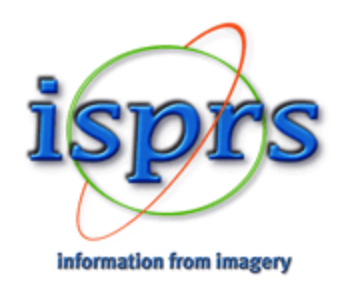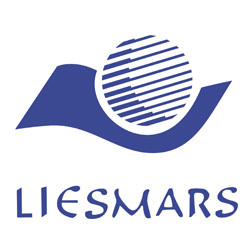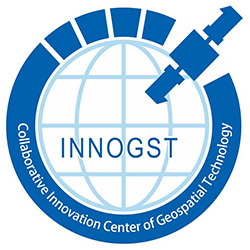Prof. Peter M. Atkinson is the dean of Faculty of Science and Technology at Lancaster University. The main focus of his research has been in spatial data science and spatial and spatio-temporal statistics applied to a range of environmental and epidemiological phenomena using remote sensing and other big data. Four of the most significant themes of his research group are in (i) remote sensing image downscaling and image fusion, based on explicit models of the space-time sampling framework, (ii) remote sensing of global changes in vegetation phenology and its climate drivers, (iii) spatial epidemiology of vector-borne disease transmission systems, including Trypanosomiasis and malaria, based on agent-based dynamic models and Bayesian mixed regression models, and (iv) spatial modeling of natural hazards and their impacts, including flood forecasting based on Kalman-filter variants, landslide susceptibility mapping based on mixed models and, with colleagues in Southampton, near-Earth object impact simulation based on Newtonian orbital dynamics and big data. He has published over 230 peer-reviewed articles on these topics in international scientific journals, his Thompson H-index is 56 in Google Scholar and 39 in WoS, and he has led multiple large grants and supervised over 50 PhD students. In addition, he has published one book, over 50 refereed book chapters, edited eight journal special issues, and edited eight books. He is Associate Editor for Computers and Geosciences and sits on the editorial boards of Geographical Analysis, Spatial Statistics, the International Journal of Applied Earth Observation and Geoinformation, and Environmental Informatics.
Uncertainty in downscaling
Downscaling is an important issue in remote sensing. It refers to the process of producing a finer spatial resolution image than that of the input image. Two types of downscaling issues can be identified based on whether spatial continua or land cover categories (refers to sub-pixel mapping or super-resolution mapping) are predicted. Downscaling is an ill-posed, inverse problem, and some of the required fine spatial resolution information cannot be recovered in some cases, especially for heterogeneous landscapes. However, unavoidably there exists uncertainty in downscaling. In this talk, for both issues (i.e., predicting spatial continua and land cover categories), we introduce an index based on the concept of information gain to evaluate the downscaling predictions. The index can be a complement to the existing ones based on point accuracy, especially when the fine spatial resolution reference is unavailable for quantitative assessment. We also discuss the uncertainty introduced by the point spread function (PSF) effect.



































